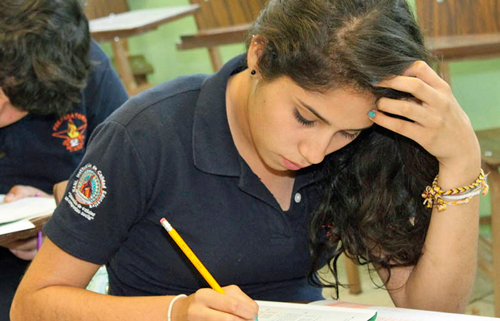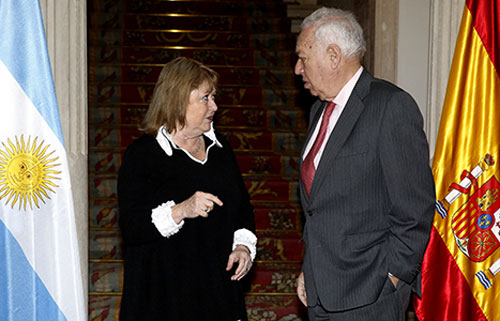There are hundreds of thousands of so called “second generation immigrants” who feel themselves Spanish without papers.
The Diplomat. 26/01/2016
Pedro Sánchez’s party has presented a non-legislative motion to Congress in which it asks for a nationality law which is adapted to the circumstances of the acquisition of Spanish nationality, particularly in respect of residence.
The PSOE emphasises that it will seek “the maximum consensus among the political forces” when approving a law of this kind which covers the citizenship rights of Spaniards abroad. Specifically, it cites updating the cases for the acquisition of nationality on the grounds of residency, “which incorporates an appreciable reduction in the maximum periods currently established, reviewing cases of previously renounced nationality and the evaluation of the degree of integration, rather than an exam, as a pre-eminent element at the time of evaluating conditions for its application”.
The Socialists complain in their proposal that the PP approved a reform of the Civil Registration Law in the last legislature that affects almost five million foreigners who currently legally reside in Spain and in where there persist “obvious anachronisms” and situations of “discrimination” on the basis of origin. So that some nationalities require two years residence to apply for nationality whereas other must wait ten years before applying for the same thing.
[hr style=”single”]
Some cases only require two years residency to acquire nationality. Others ten
[hr style=”single”]
In addition, there are hundreds of thousands of foreign students, the so-called second generation immigrants who feel themselves Spanish without papers and who have to take the same examinations as everyone else to obtain nationality “as if they hadn’t already passed enough exams in Spanish”.
The PSOE, finally, promises to find an answer to the complaints by the descendants of Spaniards who have not been able to obtain Spanish nationality for reasons of gender or age following the latest amendment in this respect in the Historic memory Law.
Those affected are the children who were over eighteen years of age at the time when their parents, their mother or their father, were considered Spanish, and were unable to obtain Spanish nationality themselves, as well as the descendants of a Spanish mother born before 1978 and who were unable to acquire nationality of origin, and exiles who found themselves compelled to renounce Spanish nationality and to adopt the nationality of a specific country in order to be able to work or reside in it.







